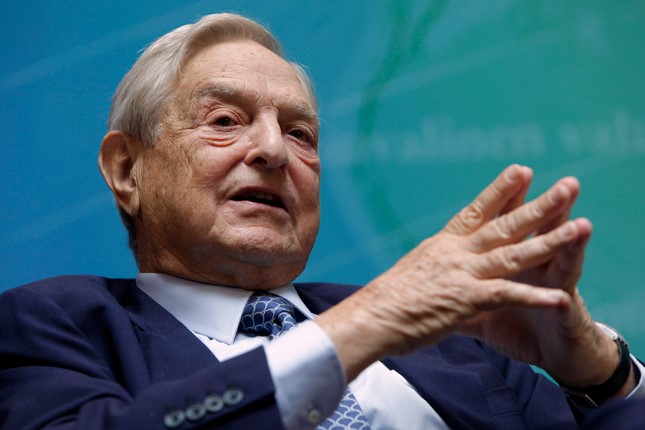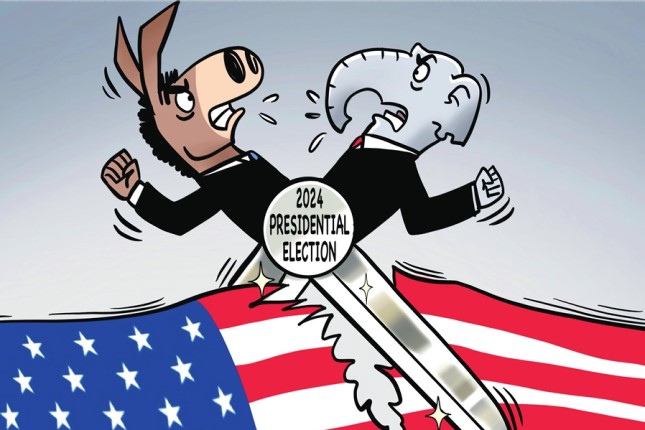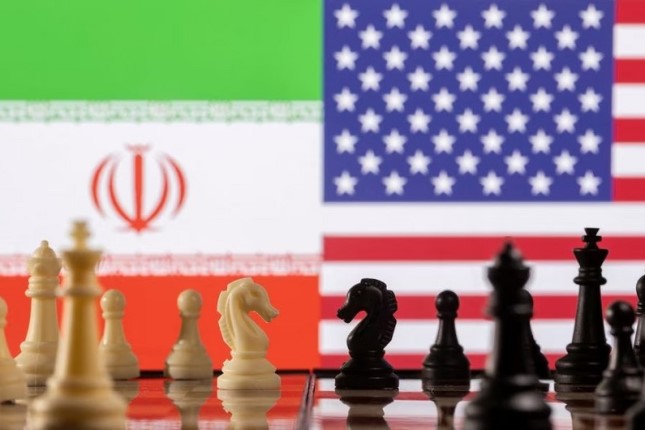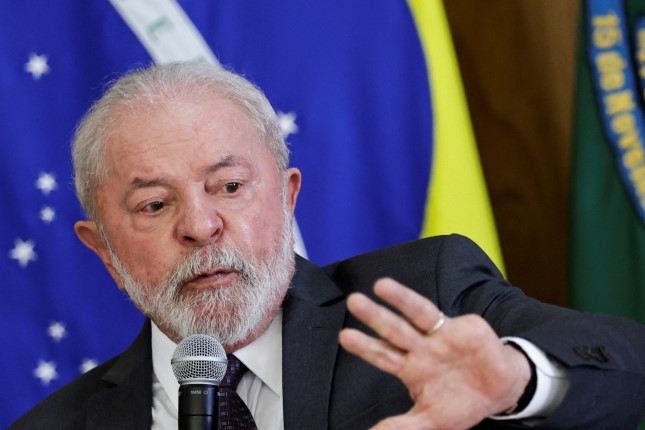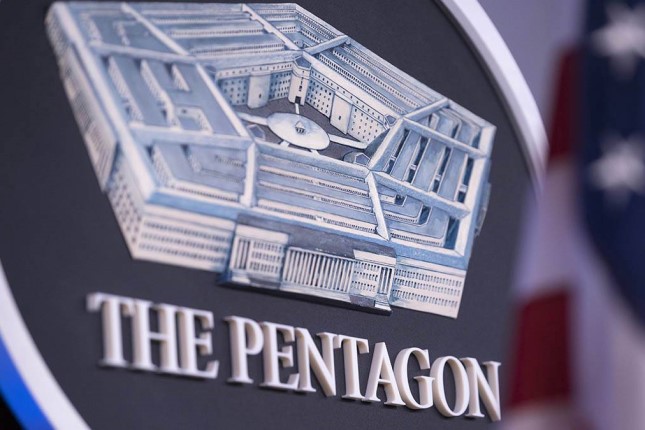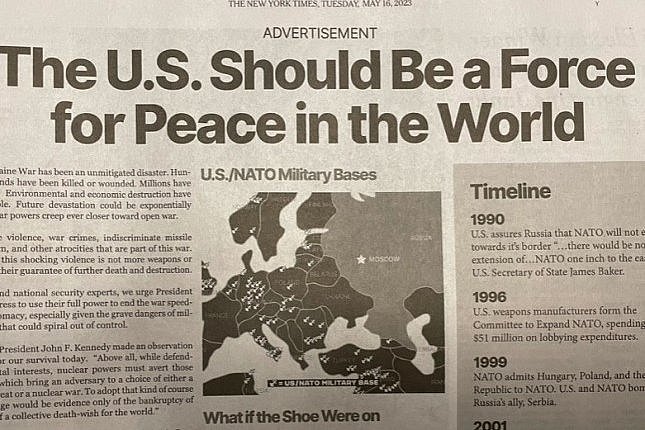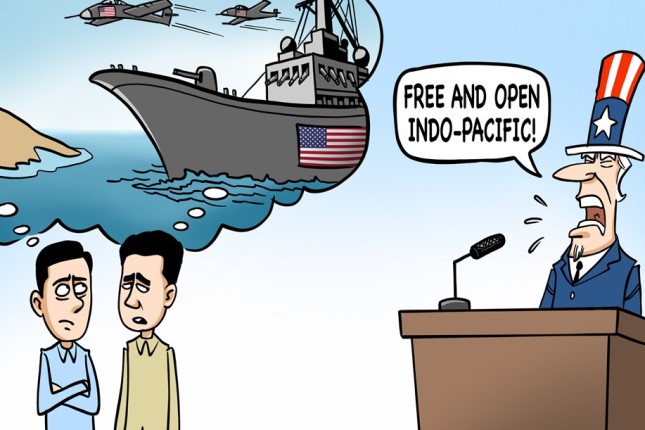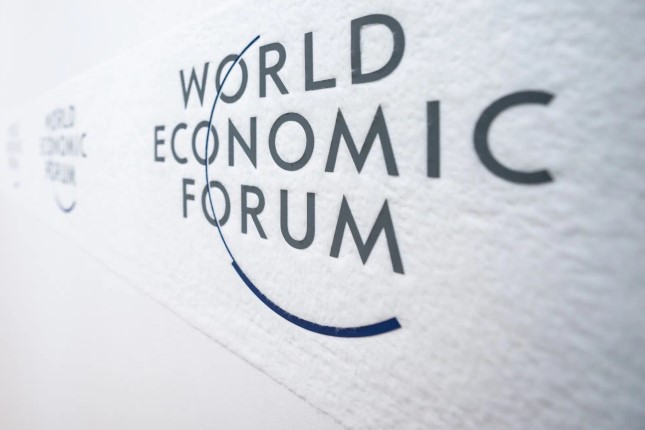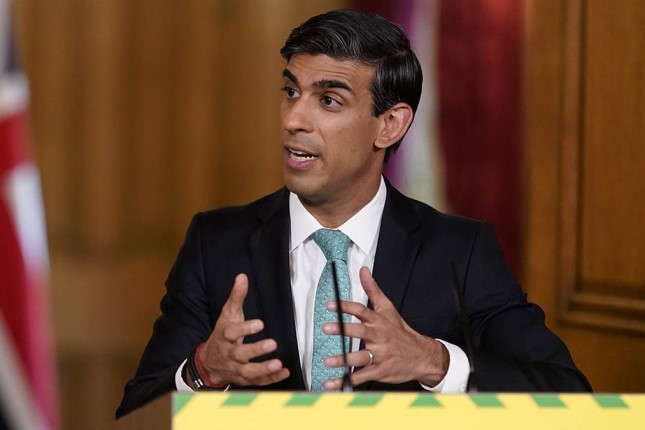"Due to an unavoidable scheduling conflict, regrettably I cannot attend the WEF Annual Meeting in Davos this year as I have in past years. I plan to deliver a speech in Munich on the eve of the Munich Security Conference," George Soros tweeted a week before the World Economic Forum.
An analysis of Davos-23 could probably end just with citing this fact. The "open society" and financial markets guru prioritises security issues, not economic development − what could be clearer (it is believed that the "scheduling conflict" was just an excuse)?
Perhaps only the apocalyptic warning from the founder of the Davos Forum, Klaus Schwab, shortly before the opening of the summit: "We still pay insufficient attention to the frightening scenario of a comprehensive cyber attack, which would bring a complete halt to the power supply, transportation, hospital services, our society as a whole. The COVID-19 crisis would be seen in this respect as a small disturbance in comparison to a major cyber attack."
Security issues have completely pushed back the economic agenda. Against the background of the extremely low representation of official delegations from most of the leading countries, the arrival of high-ranking representatives of the American and British intelligence services could not go unnoticed: US Director of National Intelligence Avril Haynes, FBI Chief Christopher Wray, and MI6 Chief Richard Moore all made appearances.
So, is globalisation finished, and capitalism with it?
Abolishing the state: rapid change
In fact, what was presented as "inclusive capitalism" has ended. The new global project was introduced in May 2020 by Klaus Schwab and Prince Charles (then only the Prince of Wales) in the report "COVID-19: The Great Reset."
"The Great Reset" proclaimed the end of the era of states that "failed to cope with the challenge of the pandemic" and the ascendance to the historical forefront of corporations (inclusive companies) that morphed into centres of "joint and sustainable" value creation by including all interested participants in this process. Inclusive companies were declared the supporting structure of the new capitalism, where the state as an institution was to be gradually drawn in piece by piece and eventually dissolved.
In December 2020, the Council for Inclusive Capitalism was created − so reputable that any text listing its members could automatically be labelled a "conspiracy theory."
And now, two years later, such an embarrassment. It's a complete fiasco − the revenge of the state. Instead of a triumph in Davos, Soros will handle warm-up duties in Munich.
How could this happen? Where did the notorious "world government" go wrong?
Capitalists have strangely forgotten that the state is not their enemy at all. On the contrary, it is a mechanism that, providing a dialogue between the state apparatus and big capital, creates optimal conditions for the accumulation of capital − the main goal of the capitalist system.
How could the capitalists forget that the state is their ally, not their enemy? One explanation may be that they got too carried away with their own ideology of exportation − when it was proposed to the "natives" to abandon the state, rather than to the metropolises.
Rejecting the state, capital moved out of the field of market and financial relations and into the field of direct control, that is, into the realm of the state, where it is obviously weaker by default.
Thus, the support structure for the world-system was destroyed.
Capitalism has been abolished many times over the past two years: when trillions of dollars were thrown into the economy as if by magic; when the leading media and digital giants began to directly interfere in political processes, for example, in the case of Donald Trump's non-re-election; when the liberal Canadian government used methods in the spirit of communist China to suppress those who disagreed with its COVID policies.
Capitalism was abolished by capital itself. But for some reason, no "inclusive capitalism" has appeared to take its place.
On the contrary, a military conflict in the best traditions of the imperialist wars of the late-19th–early-20th century began in Europe.
Revenge of the state: what's next?
So, is globalisation over? No. The stage that was promoted by large corporations − mainly information and financial − has ended.
So capitalism is over and post-capitalism has arrived? No, the exact opposite. There has been a backslide from the post-capitalist "inclusive capitalism" to a historically more justified form, which assumes competition between states to see which can most effectively build a dialogue with big capital and promote its interests. It is this symbiosis of state and capital that will continue to drive the process of globalisation forward.
It will be another form of globalisation, still unknown to us, the institutions of which have not yet been built. Will it be a return to imperialism as the highest stage of capitalism? That will depend on how possible it will be to create and strengthen those newest institutions of globalisation, where states are not opposed to capital.
If such institutions cannot be created, then the world will face an extremely unpleasant period of intense competition between "new empires" for the right to be privileged centres of capital accumulation.
